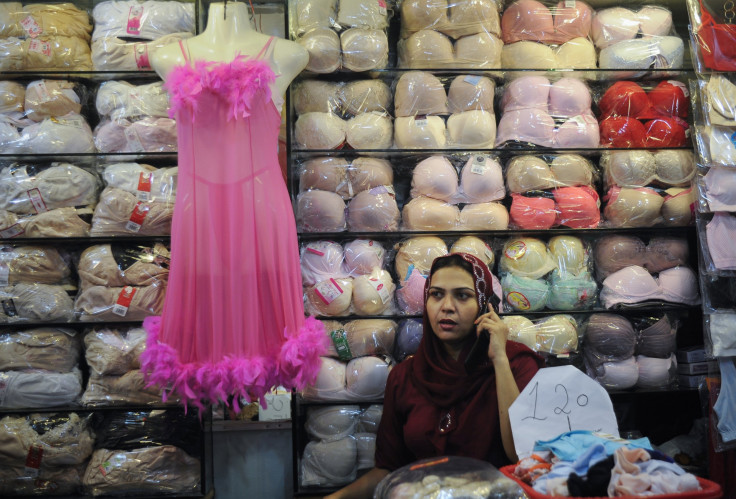Pakistan's Power Grid Looking Brighter

Pakistan will build more than a dozen new power projects to supply its national energy grid, including two dams and a coal mine, to increase its electricity capacity and ease one of its worst energy shortages in the country’s history.
Pakistan’s power sector can generate about 16,000 MW, but the country needs about 21,000 MW, and the problem is about to get worse as demand is projected to swell to 26,000 MW by 2020, according to Pakistan’s 2013 National Power Policy report.
Capacity in some Pakistani industries, like the fertilizer industry, fell to nearly 50 percent in the last six months, causing closures and interruptions to gas supplies. The problem was worsened as Pakistan had to import expensive energy over the past few years, even when the country had the capacity to produce it, which eroded the country's foreign exchange reserves.
Construction is in its advanced stages at the Gaddani Power Project and at two power projects at Bin Qasim, according to Pakistan Minister for Planning and Development Ahsan Iqbal, who spoke in Parliament in Islamabad on Wednesday, Pakistan Today reported. He also said work had begun on the Thar Coal Project, which includes a mine and three power projects that will begin producing electricity within three years.
China has agreed to 10 power projects at Thar, Iqbal added. Chinese banks offered to finance up to $900 million of the $1.2 billion needed for the Thar coal power project in December, and they asked the Pakistani government for a loan guarantee. London-based Oracle Coalfields, the owner and developer of the coal plant project, expects to finalize detailed agreements with two Chinese partners, CAMCE and SEPCO, by the end of the year.
Two hydroelectric projects, the Diamer-Bhasha and Dasu dams, will also mitigate Pakistan's energy shortage and give a boost to its economy, analyst Nasir Jamal told Radio Pakistan on Thursday.
© Copyright IBTimes 2024. All rights reserved.












